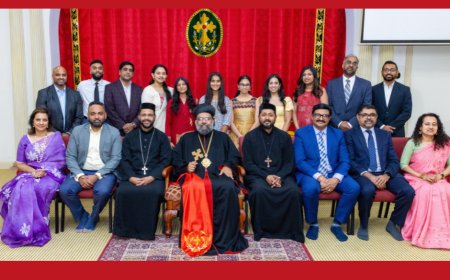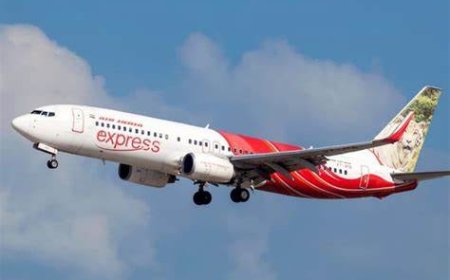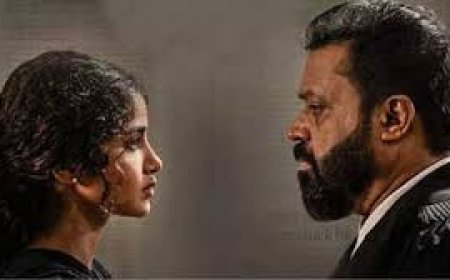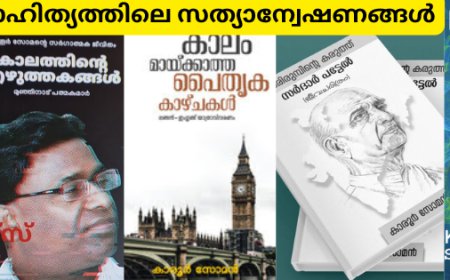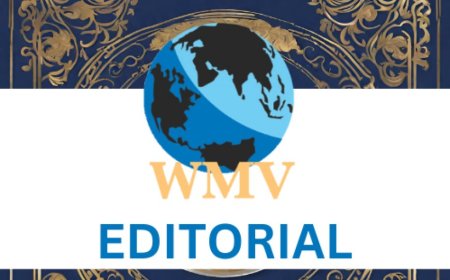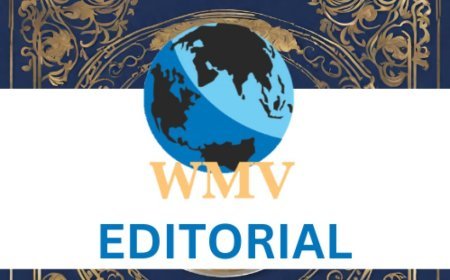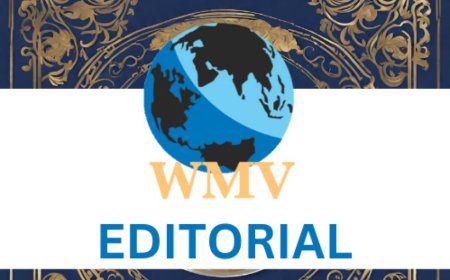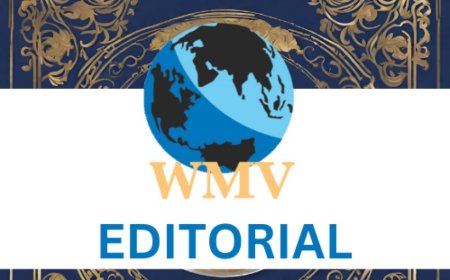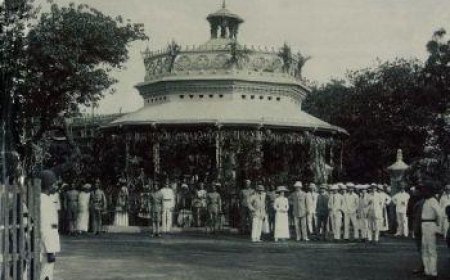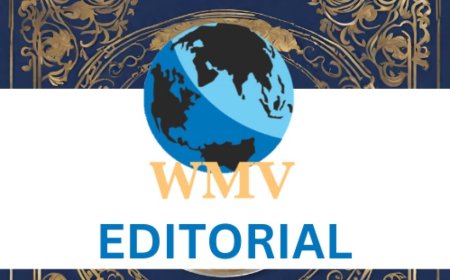US resumes student visas, but social media accounts access mandatory
The United States State Department has resumed processing student visas after a temporary suspension, but under strict new guidelines that mandate all applicants to make their social media profiles publicly accessible for screening. The new policy is part of the Trump administration’s broader crackdown on foreign student admissions and comes amid heightened scrutiny over online activity.Under the new rules, consular officers will assess whether applicants harbor hostility towards the United States, including its institutions, culture, or founding principles. The screening will also target those suspected of supporting foreign terrorist organisations, engaging in antisemitic behaviour, or expressing views counter to US foreign policy. The department noted that applicants who refuse to provide access to social media accounts may now be interpreted as an attempt to evade screening and could result in visa denial.The policy impacts all students applying for F-class visas, the category primarily used by students. The visa appointment freeze, initially imposed in late May, was reportedly to allow the administration time to finalise these vetting measures.The resumption of appointments comes just weeks before the start of the academic year, leaving thousands of international students scrambling to make travel and housing arrangements. In April, the Department of Homeland Security had already announced that it would screen foreign student applicants’ social media for antisemitic content, which could lead to visa rejection. Around the same time, the Trump administration faced backlash after revoking study permissions for thousands of international students, including some who had only been involved in minor traffic offenses. The move was later reversed.The new measures are part of a wider crackdown by President Donald Trump, who has openly criticised America’s top universities as being overly left-wing. He has accused them of failing to address antisemitism during pro-Palestinian protests and has imposed funding freezes and visa restrictions targeting students involved in such demonstrations. Courts have blocked several of these actions.The administration has particularly targeted Harvard University, threatening to block international student admissions and urging the university to limit foreign enrollment to 15%. International students currently make up a quarter of Harvard’s student body and contribute significantly to its revenue. Meanwhile, Secretary of State Marco Rubio has used a rarely invoked legal provision to revoke the visas of students who led protests against Israel’s offensive in Gaza, citing conflicts with US foreign policy interests.The US government has vetted the social media of green card and immigration applicants for over a decade. The Trump administration has also issued a diplomatic warning to 36 countries, urging them to enhance vetting procedures for travellers or risk having their citizens barred from entering the United States. These countries have been given 60 days to comply or face inclusion in the US travel ban, which currently affects 12 nations.
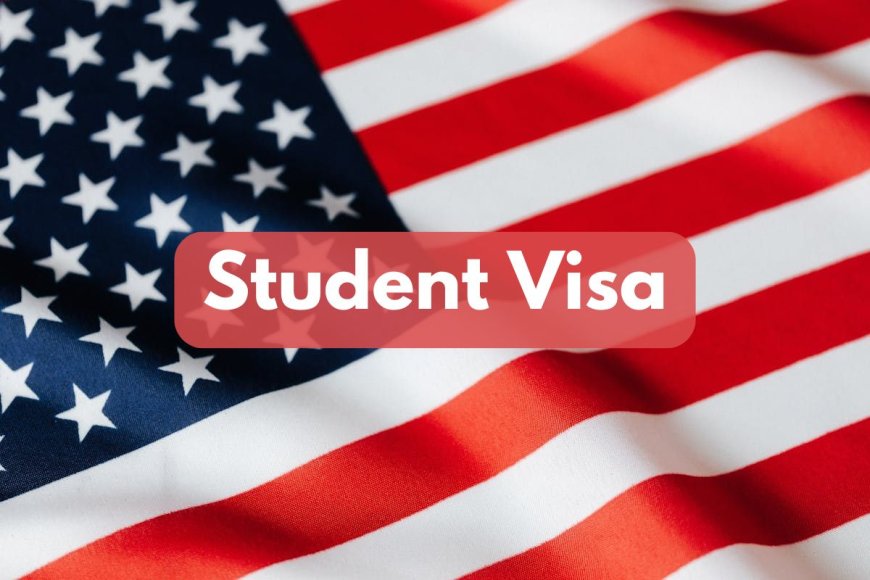
THE US State Department has resumed processing student visas after a temporary suspension, but under strict new guidelines that mandate all applicants to make their social media profiles publicly accessible for screening.
The new policy is part of the Trump administration’s broader crackdown on foreign student admissions and comes amid heightened scrutiny over online activity.
Under the new rules, consular officers will assess whether applicants harbor hostility towards the United States, including its institutions, culture, or founding principles.
The screening will also target those suspected of supporting foreign terrorist organisations, engaging in antisemitic behaviour, or expressing views counter to US foreign policy.
The department noted that applicants who refuse to provide access to social media accounts may now be interpreted as an attempt to evade screening and could result in visa denial.
The policy impacts all students applying for F-class visas, the category primarily used by students. The visa appointment freeze, initially imposed in late May, was reportedly to allow the administration time to finalise these vetting measures.
The resumption of appointments comes just weeks before the start of the academic year, leaving thousands of international students scrambling to make travel and housing arrangements.
In April, the Department of Homeland Security had already announced that it would screen foreign student applicants’ social media for antisemitic content, which could lead to visa rejection.
Around the same time, the Trump administration faced backlash after revoking study permissions for thousands of international students, including some who had only been involved in minor traffic offenses. The move was later reversed.
The new measures are part of a wider crackdown by President Donald Trump, who has openly criticised America’s top universities as being overly left-wing. He has accused them of failing to address antisemitism during pro-Palestinian protests and has imposed funding freezes and visa restrictions targeting students involved in such demonstrations. Courts have blocked several of these actions.
The administration has particularly targeted Harvard University, threatening to block international student admissions and urging the university to limit foreign enrollment to 15%.
International students currently make up a quarter of Harvard’s student body and contribute significantly to its revenue.
Meanwhile, Secretary of State Marco Rubio has used a rarely invoked legal provision to revoke the visas of students who led protests against Israel’s offensive in Gaza, citing conflicts with US foreign policy interests.
The US government has vetted the social media of green card and immigration applicants for over a decade.
The Trump administration has also issued a diplomatic warning to 36 countries, urging them to enhance vetting procedures for travellers or risk having their citizens barred from entering the United States.
These countries have been given 60 days to comply or face inclusion in the US travel ban, which currently affects 12 nations.












